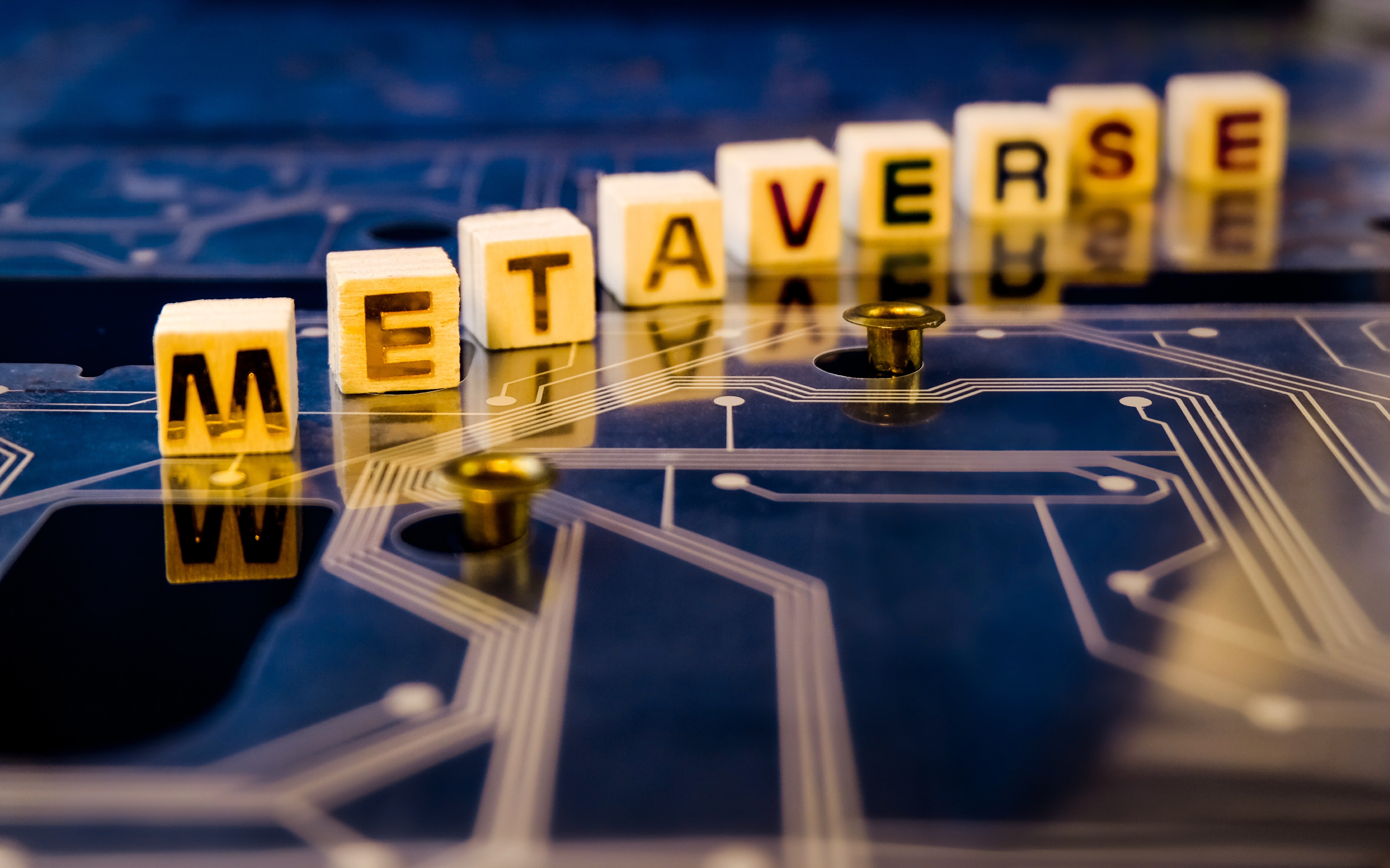Ethical problems and solutions to build the safe metaverse

It happened with subliminal messages on TV as much as with personal data on social networks: every new technology raises ethical and legal dilemmas as well as the most catastrophic predictions. Even the metaverse in VR or AR opens up legitimate questions and concerns. That's why immersive and interactive virtual worlds are on the dock today.
In this post, we will try to distinguish between different orders of problems: privacy and property rights; and the nightmare of a de-humanized life and social relations. Each of the issues deserves the utmost attention. For sure, not all the answers we will provide are exhaustive. However, we are sure that we could build a virtual world respecting the values of autonomy and freedom of choice of individuals only by being aware of problems.
Protecting property rights in virtual worlds
In the metaverse, users will be able to make purchases and enjoy the ownership of virtual goods: this is the current state of affairs. Once we build processes involving money transactions, the specter of fraud and violations of property rights begins to hover. Where there is money, there is a risk of wrongdoing. It is an inescapable fact of all human activities. Therefore, the fear that frauds occur in the metaverse is well-founded. However, regulatory systems currently working will be effective also in these parallel and transnational platforms.
The point is easy to understand. Even in the metaverse, sanctionable activities will remain sanctionable. On the contrary, authorities and the Tech Industry should adapt the tools to fight these crimes, as it has partly happened with the diffusion of the Internet on a large scale. New rules and measures will be a prerequisite for the very existence of the metaverse. In this respect, NFTs are an example of how we can control the ownership transitions of virtual goods.
Eye-tracking and the new frontier of privacy
Another extremely relevant topic is to build metaverses respecting our privacy. The GDPR is a pillar of online data privacy. These regulations will have to be implemented as new technologies emerge and spread. In the case of the use of virtual worlds with viewers, the main risk is eye-tracking. The systems will be increasingly able to read eye movements and, therefore, can deduce the conscious and unconscious thoughts of the user. This fact would open up the possibility of a world in which we are "pushed" to perform actions through targeted input on our minds.
If there will no limits to eye-tracking, the risk of violations of our private dimension will be very high. However, we already can imagine some countermeasures to neutralize this eventuality. For example, companies started to develop chips protecting our thoughts when users wear a visor. This solution makes sure that third parts do not read brain waves and people's neuronal activities. Also, the idea of providing different levels of privacy depending on the user with whom we come into contact seems to protect our thoughts.
Dystopian future: the nightmare of a life in VR
The hypothesis of a de-humanized future is a shared warning. It assumes that people will spend most of their existence in the metaverse while the physical world will lose interest. This apocalyptical fresco needs some clarifications. First of all, metaverses are platforms where people interact and participate in collective activities, and they already exist. Social networks and online games are the most immediate example, and neither of these two types of platforms completely absorbs the lives of the vast majority of people. We think that the mere fact that the experience will be more immersive is not enough to believe that people will forget the physical world and human relationships.
So, probably the number of addicted behaviors will be limited. However, we don't want to minimize the problem, and we want to consider it seriously. The gaming world has already proven the existence of effective practical solutions. For example, World of Warcraft has changed part of the gameplay to avoid people staying too long connected and, in fact, has limited the risk of addiction disease. To conclude, a certain level of social warning is justified, but, at the same time, we should not forget the positive implications of metaverse future developments. The possibility to collaborate and be in contact in every corner of the world could speed up some activities and provide more time for ourselves.
Please, mail us to learn about the applications of VR and to work with us on your projects.
